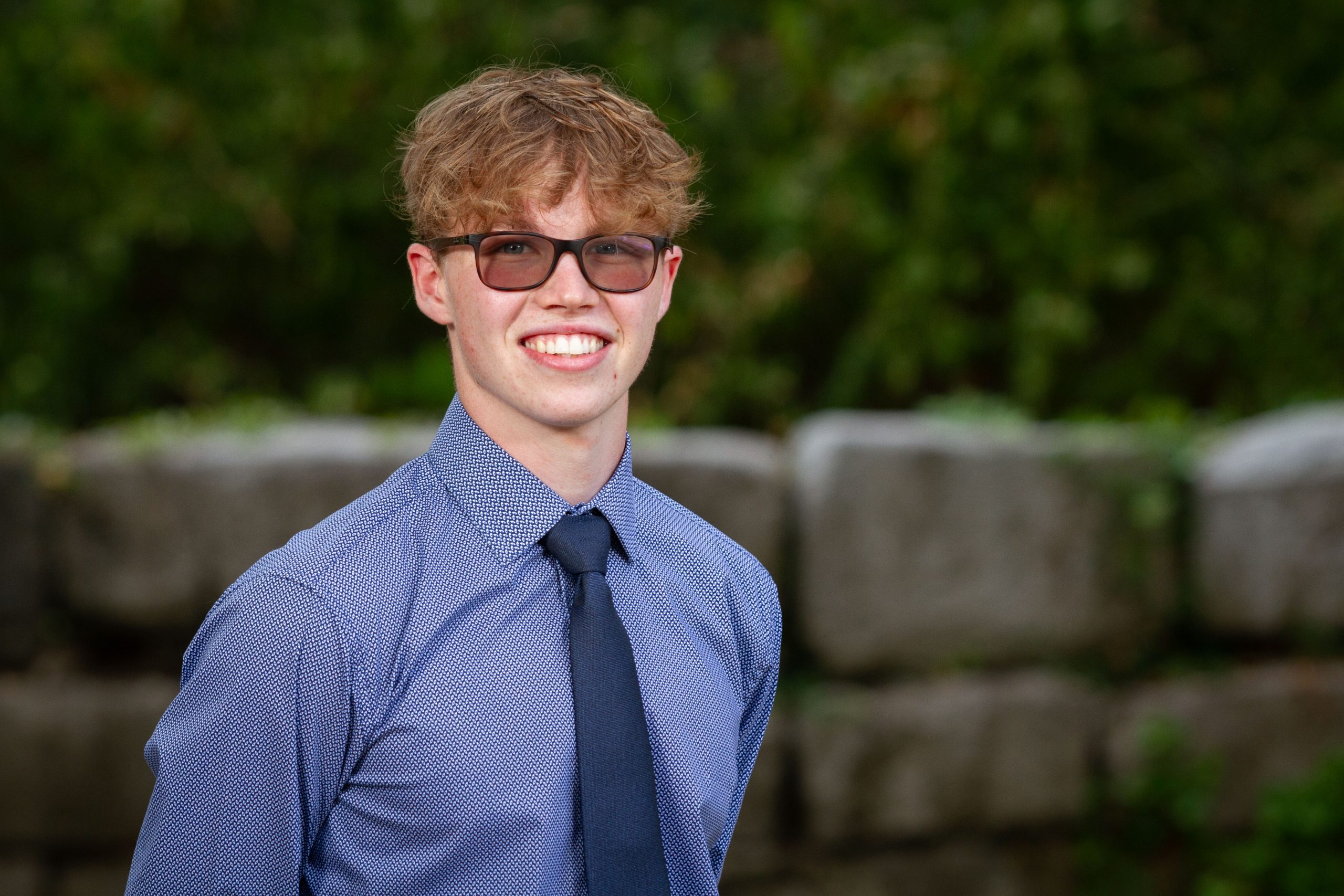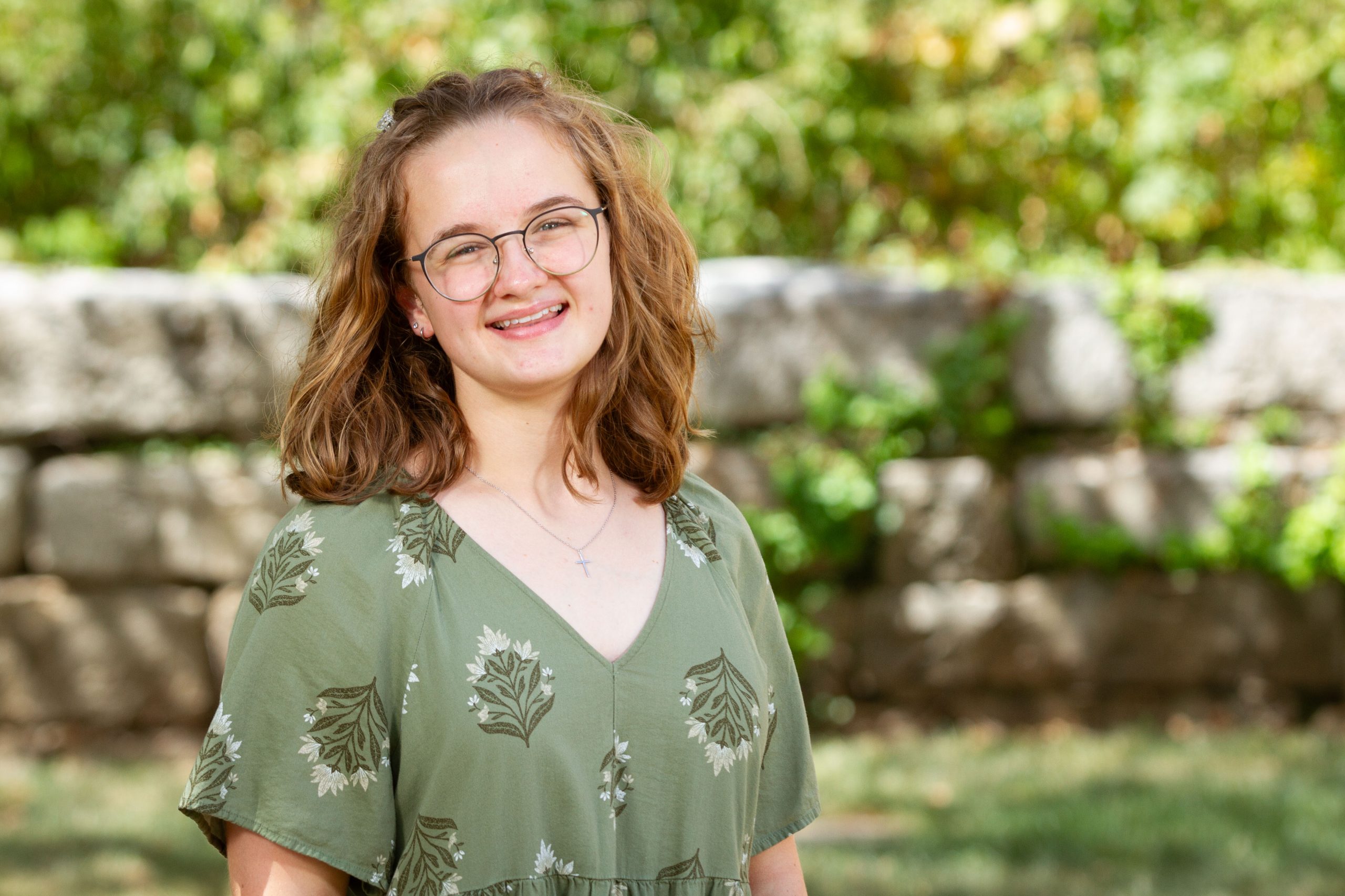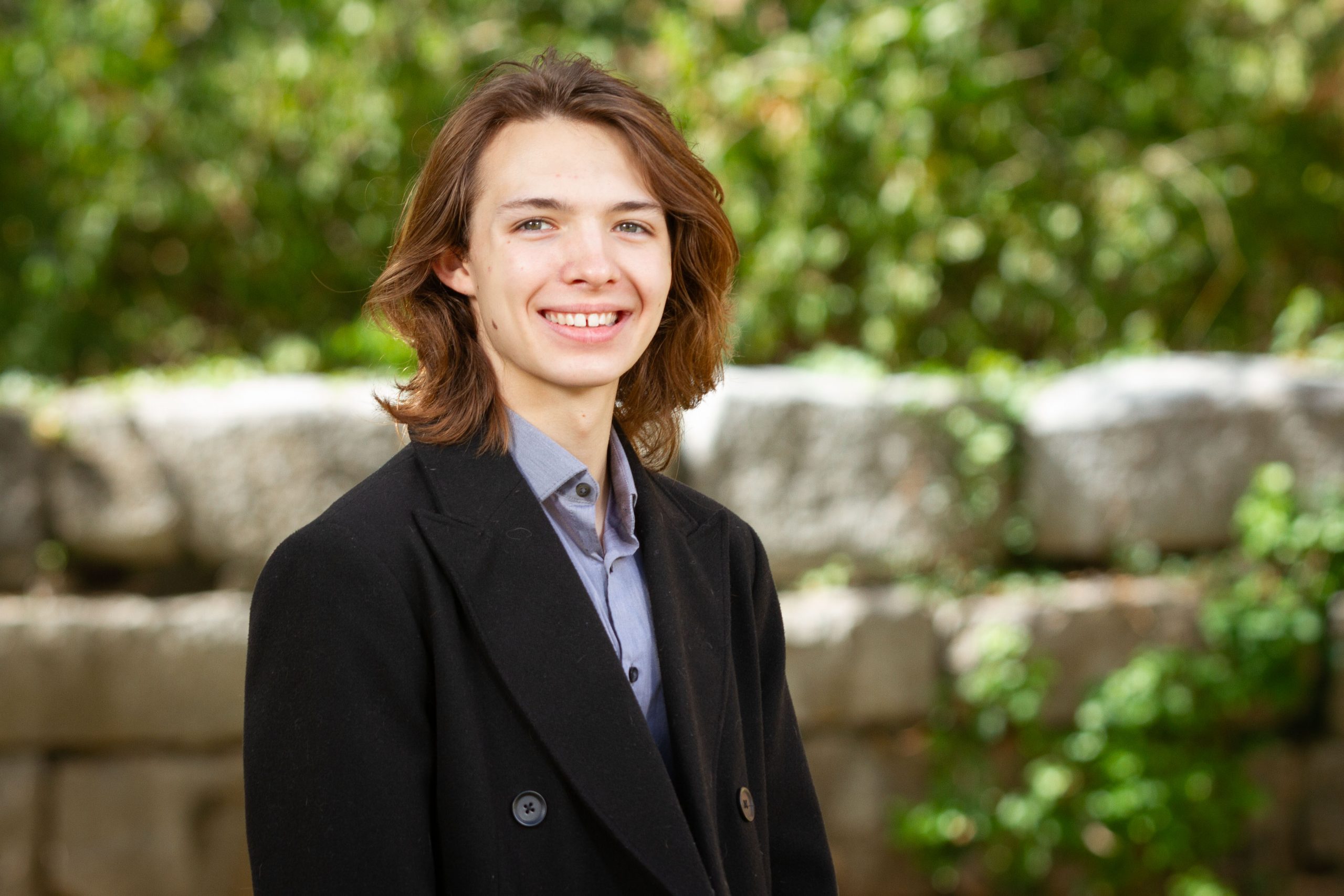
Since 2010, the Gatton Academy has offered students the ability to pursue summer research experiences through the Gatton Research Internships Grants (RIG) program. Made possible through the generous support of Mr. Carol Martin “Bill” Gatton, the program offers competitive grants to Gatton Academy students between their junior and senior years to support summertime research internships across the Commonwealth and the world. By providing a funding mechanism, the program directly creates new avenues for growth and exploration. Throughout the summer, we’ll share insights from students who are the recipients of our 2011 grants.
Alex Gutierrez (’12) of Mt. Washington is doing research in Dr. Kathryn Saatman’s lab at the University of Kentucky’s Spinal Cord and Brain Injury Research Center this summer, researching mild (concussive) brain injuries.
1. Tell us a little about the research experience in which you are participating this summer that the Research Internship Grant is funding.
I am working with Insulin-like Growth Factor-1 or IGF-1, which is a natural occurring protein in the body that acts as a neurotrophic factor, inducing the survival of neurons after Traumatic Brain Injury (TBI). The lab I’m working at is working with the over-expression of IGF-1 in mice to see if the effects would be more beneficial than natural IGF-1, as the natural IGF-1 acts as insulin and is all around the body rather than concentrated in the brain like in the Transgenic mice.
2. What is the part of the summer experience you are enjoying most?
I love the fact that each trial is significant rather than a tedious repetition of an experiment in which the outcome is fully expected. Often talking with my peers, I find that they have lots of hypothesis on what they anticipate to happen with each experiment, however there isn’t one set answer and there have been times where the results are different than predicted.
3. How is this different from the way you think most high school students spend their summers?
I think very few high school students pass as undergraduates working with graduate students and post-docs in a research center, nor do I believe most high school students have had to intake a crash course on neuroscience.
4. What is your favorite Gatton Academy memory?
I would say everyday of Adventure Week. Just the feeling of being somewhere new and connecting to all these individuals from around the state, it sets you in awe. I also wasn’t very busy so there were plenty of heartfelt shenanigans such as singing on the balcony together with my friends and the obstacle group building place we went to. I still remember running up this one wall like a ninja so that nobody would have to lift me up.
5. What do you aspire to achieve in the next ten years?
Hopefully make it into medical school, settle in my new environments when I’m out of the Academy. I could even try to finish any of the novels I’ve had in my head a long time. When you’ve left your home at age 16 and experienced so many things you thought you’d never even see the light of, anything seems possible.


